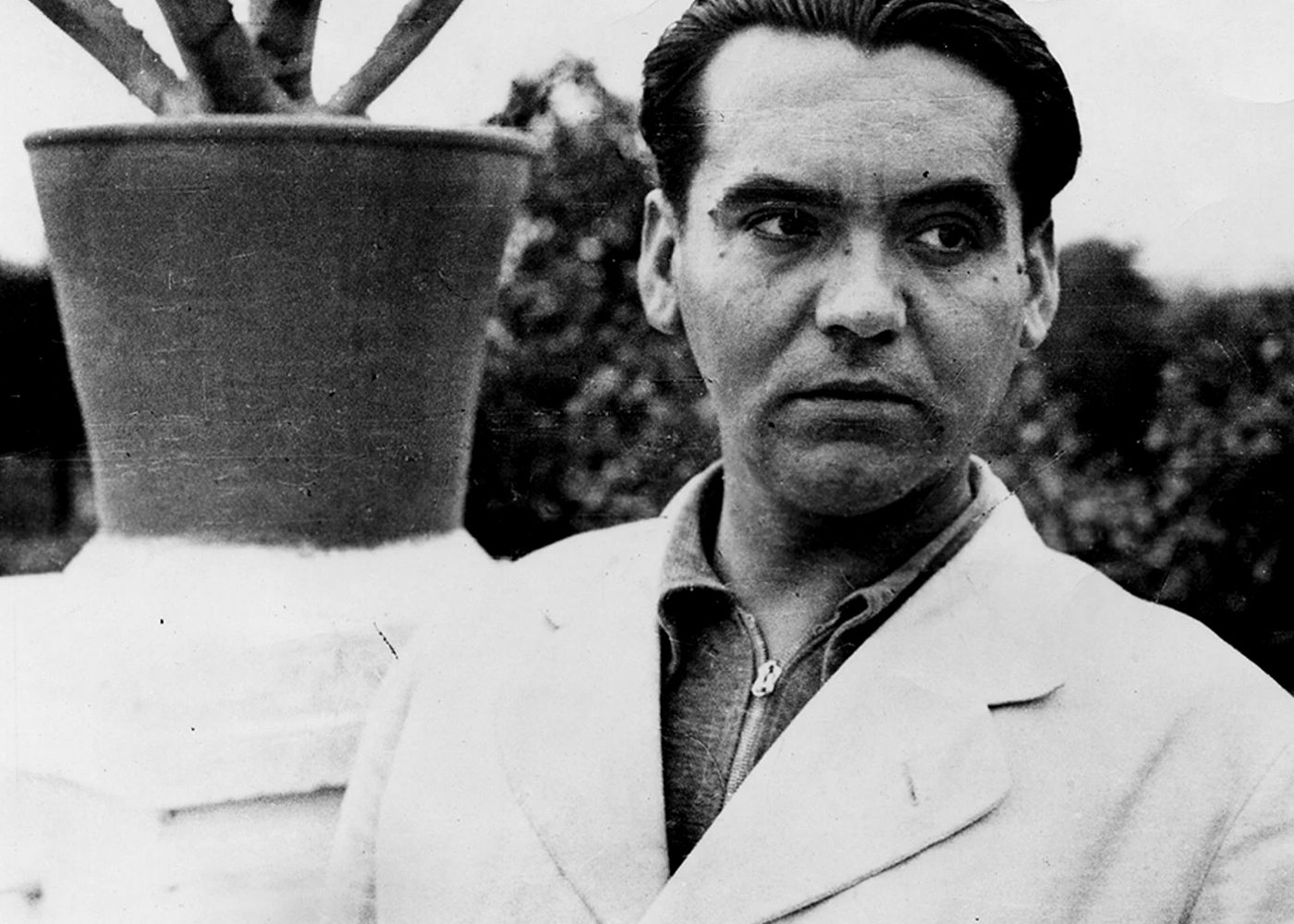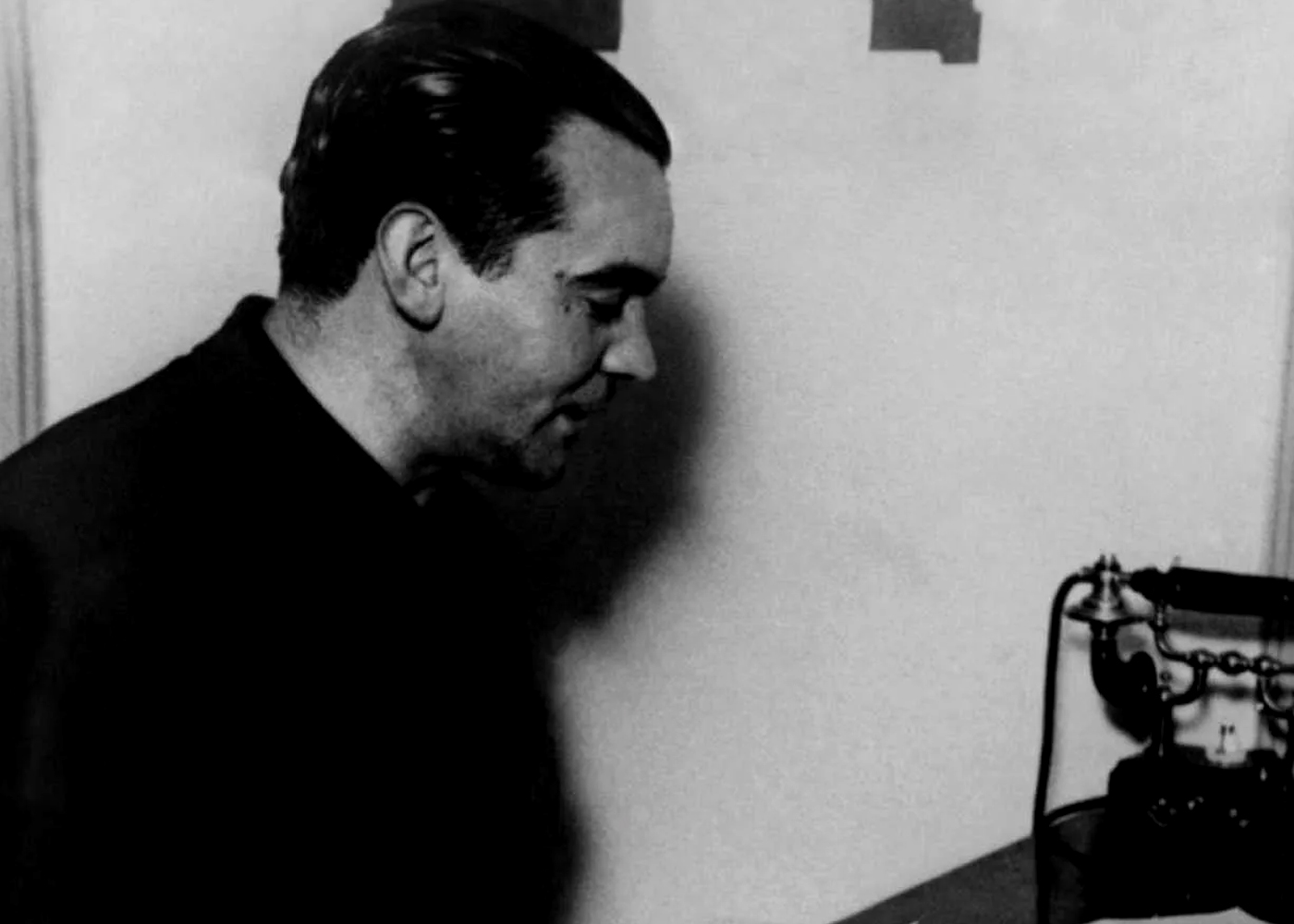BACK TO TOP
Federico García Lorca
Zorongo and Nana
Federico García Lorca (1898-1936) is widely regarded as one of Spain’s most influential and visionary poets and theatre writers. His works reflect a deep connection to the Spanish countryside and culture, blending themes of passion, love, death, and social injustice. Lorca’s writings often explore the conflicts between personal desires and social restrictions, as well as the intensity of human emotions. His work is heavily influenced by Andalusian folklore, flamenco, and traditional Spanish music, which is reflected in the imagery of his poetry. Federico García Lorca was not only a writer but also a musician, particularly skilled in piano and guitar.
Two of his most notable pieces, Zorongo and Nana, exemplify his ability to evoke deep emotional landscapes through a lyrical language. Zorongo is a rhythmic piece filled with longing and frustration, while Nana is a tender lullaby that combines warmth with a touch of melancholy.
Despite being originally composed for voice, these works translate beautifully to the cello. The expressive qualities of the cello would allow Zorongo to be performed with the intensity and energy it demands, while Nana could be interpreted with the gentleness and introspection that characterize Lorca’s work. The cello, like Lorca’s poetry, can express both the fiery passions and quiet sorrows that run through his compositions, making it an ideal instrument for adapting his songs to a new instrumental form.
Date:
January 21, 2025








